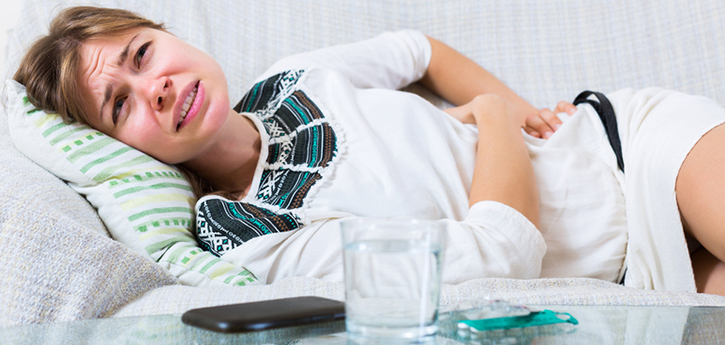We all have had to go through this phase at some point in our lives. Irritable Bowel Syndrome (IBS), as the name suggests, can get troublesome because of its continuous nature of bowel irritation. Although the symptoms vary for every person, like diarrhea, constipation, heartburn, acid reflux, changes in bowel habits, how dreadful this ailment really is cannot be fathomed unless one really goes through it themselves.
However, thanks to the advancements in medical science, IBS diagnosis, and IBS treatments are aplenty across the globe. In this article, you can learn about the symptoms, the actual pain experienced, the right diagnosis, and the exact treatments available for IBS.
When to Consult with Your Doctor
The general symptoms of IBS vary from person to person. If you have been diagnosed with IBS and it happens that this sickness begins to disrupt your daily routine or your home remedies aren’t working anymore, then it is probably time you called a doctor. Like these:
- Your appetite has decreased.
- You continue to have stomach pain which probably could not be linked to changes in your bowel function. Or you do not get any relief in spite of passing gas or a stool.
- You feel lethargic.
- You notice some weight loss which is not usual.
- Your stomach pain is now more localized to a specific area than a general area.
The impact on a person’s day-to-day life caused by the symptoms of IBS, especially IBS abdominal pain, can be so significant that it can result in feelings of anxiety and depression. It’s always advisable to see your general practitioner right away as these symptoms seldom improve without treatment.
Treatment and Prescription
Generally, if your symptoms are mild, medication should be avoided. As part of your IBS treatment, your doctor would advise you to bring about changes to your lifestyle and diet. You will be told how to manage stress, changing your diet, and what foods you should specifically avoid.
Regarding IBS treatments, you also will be advised to exercise regularly, get the required time of sleep, and drink plenty of fluids. Basically, this treatment would focus on giving you relief from IBS symptoms so that you can live a normal life. If your IBS symptoms and pain are somewhere between moderate to severe, there is a high chance that your doctor would advise medications along with changes in your lifestyle and diet, which is equally critical.
Common dietary changes would include increased intake of fiber. While fresh fruits such as apples and pears, fresh vegetables such as carrots and leafy greens, whole grain bread and cereals should be included, cabbage, peas, and broccoli should probably be avoided.
Although there is no particular type of food that causes IBS symptoms, if gas is a recurring problem, it’s advisable to make changes to your diet as mentioned. IBS abdominal pain is more successfully treated with dietary changes. In severe cases, dietary changes would help only with medication. Anti-diarrheal medicines for relief from diarrhea, laxatives for relief from constipation, and antispasmodics for relief from abdominal pain and discomfort are the most common medications for IBS treatment.
Featured Image Source: Thinkstock/JackF
Posted on February 15, 2023




